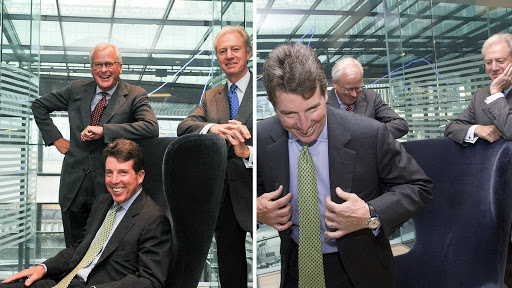ABOUT KAMRAN’s Blog and GUEST BLOG
I- KAMRAN’s Blog: Dedicated to the Common Good- aiming to be a source of hope and inspiration; enabling us all to move from despair to hope; darkness to light and competition to cooperation. “Let the beauty we love be what we do.”-Rumi
II- KAMRAN MOFID’s GUEST’s BLOG: Here on The Guest Blog you’ll find commentary, analysis, insight and at times provocation from some of the world’s influential and spiritual thought leaders as they weigh in on critical questions about the state of the world, the emerging societal issues, the dominant socio-economic logic, globalisation, money, markets, sustainability, dialogue, cooperation, environment, media, spirituality, faith, culture, the youth, the purpose of business and economic life, the crucial role of leadership, and the challenges facing economic, business, management, education, and more.
“When we are dreaming alone it is only a dream. When we are dreaming together it is the beginning of reality.”—Helder Camara

Angel Oak Tree, Charleston, South Carolina, USA
Photo: pinterest.com
- Details
- Written by: Kamran Mofid
- Hits: 5319
Last year rioters in England, and the petty thieves, have been punished and put behind bars for months and years to come; given criminal records, affecting their lives and well-being for ever. Yesterday, Barclays bank and its boss, Bob Diamond, were caught red-handed, for what seems to be one of the most serious immoral activities ever. However, Bob being such a nice guy said that he and his cronies at the bank will so graciously and generously give up their bonuses for one year! Wow!
However, so far "he has neither resigned nor been sacked. It may be that a criminal prosecution will follow, but for the moment we are faced with the unpleasant spectacle of corruption and dishonesty at Barclays being brazened out on the grounds that Mr Diamond ‘didn’t know’ what was happening. Too often we find senior mangers shrugging off responsibility when things go wrong, though they are quick enough to claim credit when things go right. What the situation at Barclays has highlighted goes beyond rate-fixing. It touches the very nature of who we are and how we do business and the standards by which we live our professional lives."
I wonder if the rioters had bonuses too and were willing to give them up for a year, would they have been spared their prison sentences. Thus, in this land of ours, when we pride ourselves living in the “Mother of Democracy” it seems there exist two sets of “justices”: one for the petty thieves and one for the good old Bob! Bob, the banker; Bob, the entrepreneur; Bob, the wealth creator! Is this fair, ethical, moral and just? You decide.
Barclays bank: too big to obey the rules

Bob and his mates. Photo: Financial Times
It needs to be uncovered just how far this market-fixing went - this has all the makings of systemic scandal
Editorial, guardian.co.uk, Wednesday 27 June 2012
See also:
Whatever Happened to the Moral Compass? Britain engulfed in corruption
- Are Universities still for the Common Good?
- Cherish Every Moment You Have: The joy of being alive
- The Polluted Legacy of the Industrial Revolution
- My Guest Blogger Anthony Werner: Can taxation be fair?
- Theology, Philosophy, Ethics, Spirituality and Economics: A Call to Dialogue
- Is the world getting better or worse? You decide
- Are You Still Searching for Happiness?
